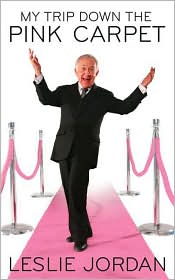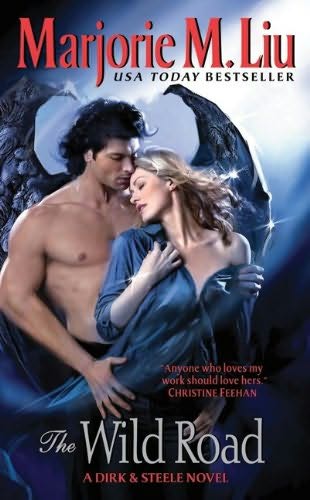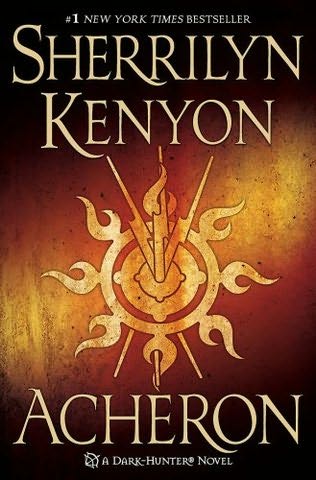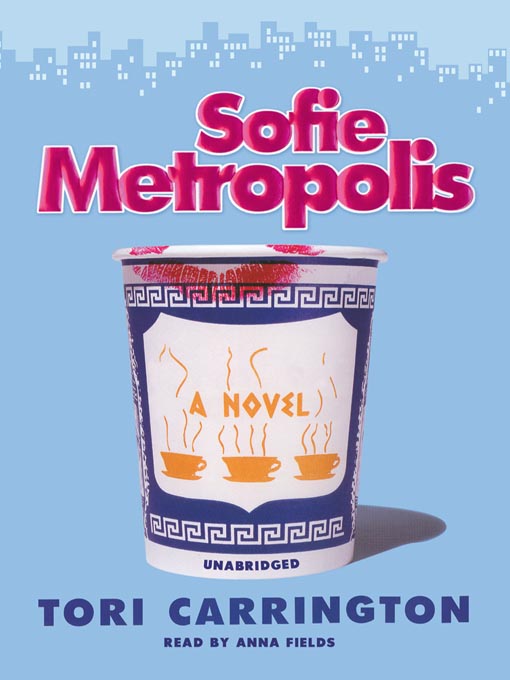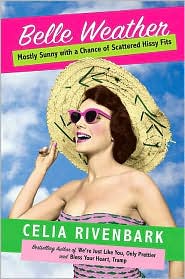
This is one of those books I probably should have read in high school, but for some unknown reason, it was never assigned. I hate to say it, being an English major and all, but I've never read any of the author's works. I know - how in the world did that happen? Not sure, but I'm working on rectifying the situation, starting with this novel.
The book is set in the 1960s and focuses on two childhood friends, Bryon and Mark. Even though they aren't related by blood, they're as close as brothers, especially since Mark has been living with Bryon and his mom since his own parents died. (This gives a really good idea of the time setting, as I cannot imagine such a thing happening today; Social Services would get involved and Mark would probably end up in foster care or worse). The two teens have always been the best of friends and do everything together, including getting into trouble. But there's a definite change in the air, starting with Bryon's decision to date Cathy, a "good girl". Bryon gets himself a job and tries to straighten out his act, mostly because he wants to be with Cathy and treat her right. Mark and Cathy, of course, do not like each other; there's a lot of jealousy over who's spending time with Bryon.
Things get even more strained when Mark starts bringing home quite a bit of money to help out with the bills. Bryon is fairly sure that Mark doesn't have a job, so he's worried about where exactly this money is coming from. There are fights, injuries, and other such teen events, and it becomes apparent that Mark and Bryon are going their separate ways as they mature. Eventually, Bryon has to make a very important decision regarding Mark and the source of his new "income" - one that may cost him his friend forever.
This was a good book, one I thought was well-done and still relevant even in today's world. For example, Mark is very much a "in-the-moment" kid, even trying to explain to Bryon why he shouldn't be worried about the future. "You can't walk through your whole life saying If. You can't keep trying to figure out why things happen, man. That's what old people do. You gotta just take things as they come, and quit trying to reason them out." That sort of attitude is part of what leads to Mark's downfall - he's not worried about his future at all, just living for the moment, the next thrill, etc. It's an attitude that we still see today, and it's still just as worrisome for us adults. I'm not saying kids shouldn't be kids, but they've got to learn that there are consequences for their actions. You can't just slide through life, especially as you get older. Of course, kids today also have a much tougher time than the kids of the 1960s, so maybe they've already learned this lesson.
The book is set in the 1960s and focuses on two childhood friends, Bryon and Mark. Even though they aren't related by blood, they're as close as brothers, especially since Mark has been living with Bryon and his mom since his own parents died. (This gives a really good idea of the time setting, as I cannot imagine such a thing happening today; Social Services would get involved and Mark would probably end up in foster care or worse). The two teens have always been the best of friends and do everything together, including getting into trouble. But there's a definite change in the air, starting with Bryon's decision to date Cathy, a "good girl". Bryon gets himself a job and tries to straighten out his act, mostly because he wants to be with Cathy and treat her right. Mark and Cathy, of course, do not like each other; there's a lot of jealousy over who's spending time with Bryon.
Things get even more strained when Mark starts bringing home quite a bit of money to help out with the bills. Bryon is fairly sure that Mark doesn't have a job, so he's worried about where exactly this money is coming from. There are fights, injuries, and other such teen events, and it becomes apparent that Mark and Bryon are going their separate ways as they mature. Eventually, Bryon has to make a very important decision regarding Mark and the source of his new "income" - one that may cost him his friend forever.
This was a good book, one I thought was well-done and still relevant even in today's world. For example, Mark is very much a "in-the-moment" kid, even trying to explain to Bryon why he shouldn't be worried about the future. "You can't walk through your whole life saying If. You can't keep trying to figure out why things happen, man. That's what old people do. You gotta just take things as they come, and quit trying to reason them out." That sort of attitude is part of what leads to Mark's downfall - he's not worried about his future at all, just living for the moment, the next thrill, etc. It's an attitude that we still see today, and it's still just as worrisome for us adults. I'm not saying kids shouldn't be kids, but they've got to learn that there are consequences for their actions. You can't just slide through life, especially as you get older. Of course, kids today also have a much tougher time than the kids of the 1960s, so maybe they've already learned this lesson.
